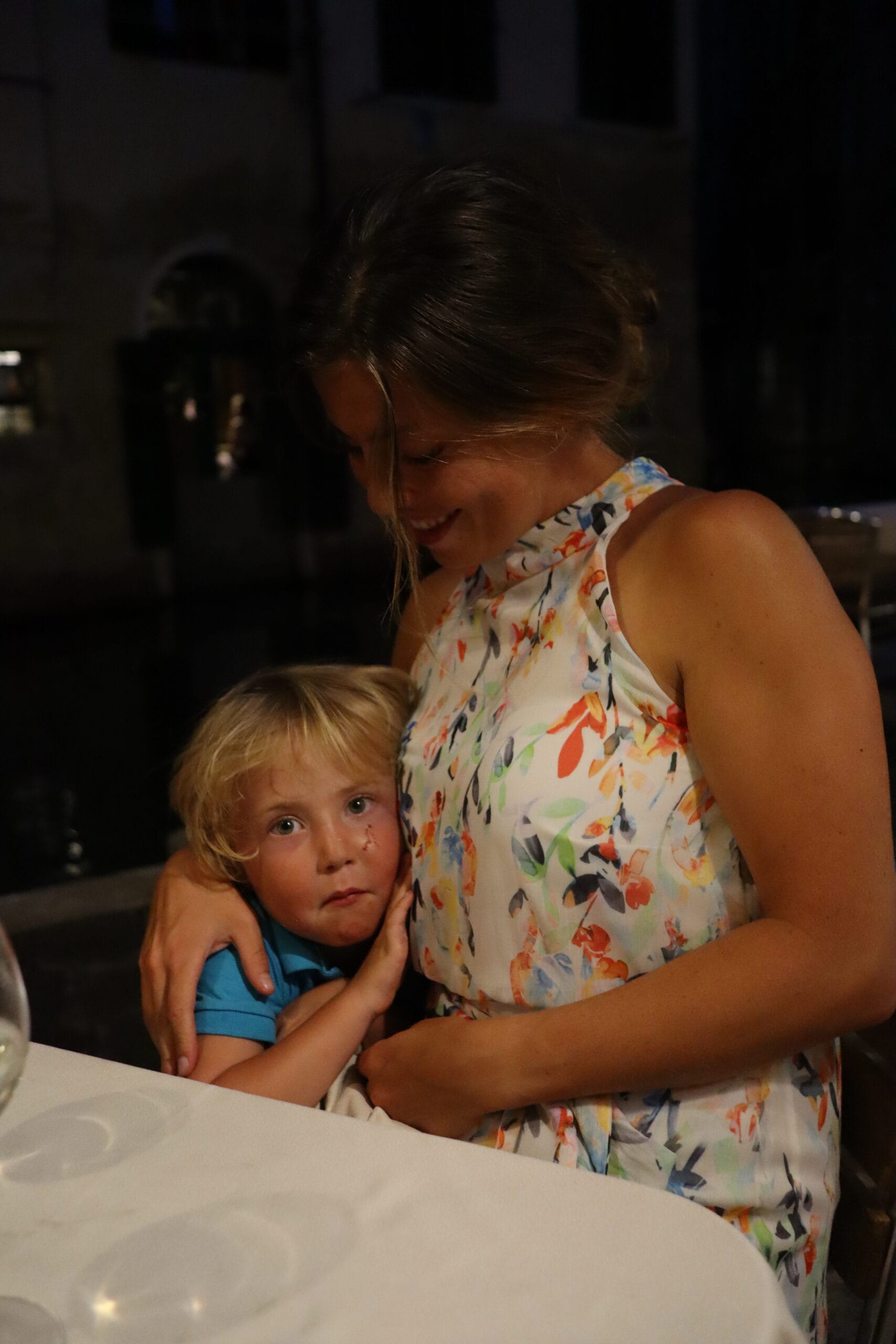“For a long time, I thought I was living authentically. But I wasn’t – I was living as a version of myself that I thought others wanted to see. It wasn’t until I peeled back those layers that I started to hear my real voice again.”
Does that resonate with you? If it does, you’re not alone. Many of us, at one point or another, find ourselves stuck in a version of reality shaped by expectations—whether from family, friends, or society. But here’s the thing: underneath all those layers is your true self, waiting to be heard. So, how do you rediscover your authentic voice when life has muffled it for so long?

Why We Lose Our Authentic Voice
Before we dive into how to reconnect with your true self, let’s acknowledge why we lose it in the first place. Trauma, societal conditioning, and fear of rejection are big contributors. Psychologists have found that the pressure to conform begins early in life. According to research, children are often encouraged to adapt their behaviour to fit social norms (Jones, 2018), leading to a disconnection from their authentic selves.
And as adults, this disconnect can deepen. We begin to prioritise fitting in over being true to ourselves. Whether it’s due to fear of judgment or fear of failure, we mask parts of ourselves, sometimes for years. This often leads to feelings of emptiness, anxiety, or even depression. It’s not surprising that the inner conflict between who we truly are and who we pretend to be can take a toll on our mental well-being (Dahl & Boss, 2019).
Rediscovering Your Authentic Voice: A Journey, Not a Destination
I remember when I first started peeling back those layers—it felt terrifying. I had spent so long being the version of myself that others expected me to be, that I didn’t even know who I was anymore. It felt like stepping into uncharted territory. And let me tell you, it’s not a quick fix. But with patience, self-compassion, and a willingness to sit with the discomfort, you can start to hear your voice again. Here are some things that helped me along the way:
1. Get Curious About Your Conditioning
Start by asking yourself, “Where did I learn this?” For instance, if you’re always putting others’ needs before your own, trace that back. Did you learn this from family? School? Social environments? Once you understand where these patterns come from, you can begin to unlearn them. Studies on social learning theory highlight how our behaviours are often shaped by observation and internalisation of societal norms (Bandura, 2016). The good news? We can rewire these patterns through conscious awareness.
2. Embrace Vulnerability
The journey of self-discovery often requires vulnerability—being open to who we are without the masks. Research by Brené Brown (2013) shows that vulnerability is not a weakness, but rather a powerful pathway to connection and authenticity. If you want to rediscover your voice, you’ll need to allow yourself to be seen as you truly are, even if that means not everyone will like it. Vulnerability can be terrifying, but it’s essential for reconnecting with your true self.
3. Connect with Your Inner Child
Our inner child often holds the key to who we truly are. The playful, curious, and unfiltered version of ourselves that existed before life told us to “grow up” still lives within us. Inner child work, a therapeutic technique often used to heal past wounds, helps to reconnect with this unfiltered self. Studies in trauma therapy have shown how revisiting these early versions of ourselves can be healing and empowering (Kalsched, 2019).
Personally, reconnecting with my inner child through expressive arts, like painting and dance, was transformative. It reminded me of a part of myself I hadn’t allowed space for in years—the part that felt free to express without judgment. That playful part of you? It’s still there, just waiting for permission to come out.
4. Silence the Inner Critic
One of the biggest blocks to rediscovering our authentic voice is the constant chatter of the inner critic. This voice often tells us we’re not good enough or that our true selves are unworthy. But here’s the thing: the inner critic is not the truth, it’s just a learned voice of fear (Gilbert & Irons, 2019). Practising self-compassion and mindfulness can help you quiet that voice and allow your authentic self to emerge.
The Rewards of Authentic Living
When you begin to live authentically, the shift is almost palpable. You’ll start to notice more energy, a clearer sense of purpose, and an alignment between your values and your actions. In fact, a recent study by Kernis and Goldman (2020) showed that individuals who live authentically report higher life satisfaction, improved mental health, and more meaningful relationships.
And it’s not just about you—living authentically creates ripples. When you show up as your true self, you give others permission to do the same. This creates deeper, more honest connections, both personally and professionally.
Conclusion: Your Voice Deserves to Be Heard
Rediscovering your authentic voice isn’t about becoming someone new—it’s about returning to the self you’ve always been underneath it all. It takes courage, vulnerability, and, above all, self-compassion. But I promise you this: the world needs your voice, your magic, your unique energy. So, peel back those layers and let your true self be heard.
If you take anything from this post, let it be this: you are worthy of being seen as you truly are. Your voice matters.
References:
- Bandura, A. (2016). Social learning theory. Englewood Cliffs: Prentice-Hall.
- Brown, B. (2013). Daring Greatly: How the courage to be vulnerable transforms the way we live, love, parent, and lead. Penguin Books.
- Dahl, M., & Boss, P. (2019). The role of avoidance in self-concept loss after trauma. Journal of Trauma & Dissociation, 20(1), 45-58.
- Gilbert, P., & Irons, C. (2019). Compassion-focused therapy for trauma. Psychology Press.
- Jones, E. (2018). Social conformity in childhood and its impact on adult self-concept. Developmental Psychology, 54(2), 389-400.
- Kernis, M. H., & Goldman, B. M. (2020). Living authentically: Authenticity and well-being. Journal of Personality, 88(3), 575-589.
- Kalsched, D. (2019). Trauma and the soul: A psycho-spiritual approach to human development and its interruption. Routledge.






